Economist David A. Spencer turns to the work of Karl Marx as he frames a lucid case for moving beyond capitalism, for the sake of a better future for workers. Capitalism, as he points out, takes an instrumental view of work and workers, and in Spencer’s view, this can only result in workers’ alienation, degradation and suffering. Technology and half measures such as a universal basic income can’t create profound change; only the end of capitalism, Spencer argues, will bring about a world of meaningful, humane work. No matter your views, you might appreciate Spencer’s mostly balanced work for its careful thinking and clear arguments.
Over centuries, philosophers, economists and writers have explored the nature of, and need for, work.
Many people accept the Old Testament view of work as punishment – something people want to avoid but find necessary for survival. In this school of thought, work damages a person both physically and mentally, yet remains an unavoidable reality to be endured. Others hold a work-free world as an ideal. Whether they believe this utopia will arrive through technology or other means, they argue humans will be happy only when they perform no work at all.
But a third philosophy rejects the notion that work can offer no value to workers. It holds that people willingly embrace high-quality work – work that offers meaning and leverages their skills and interests. Indeed, some lottery winners, with more money in the bank than they’ll need for a lifetime, still return to their jobs. And many people perform volunteer work, earning no monetary pay at all. Under this view, work can have social, psychological and spiritual value, and therefore can benefit people beyond remuneration.
In an ideal society, people would perform work they truly enjoy...









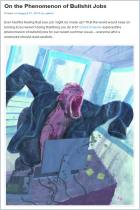
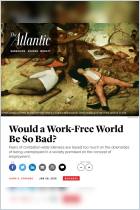

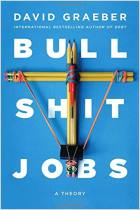
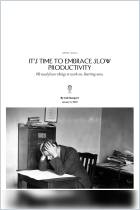
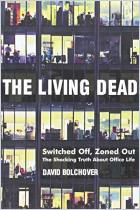










Comment on this summary or Démarrer une discussion